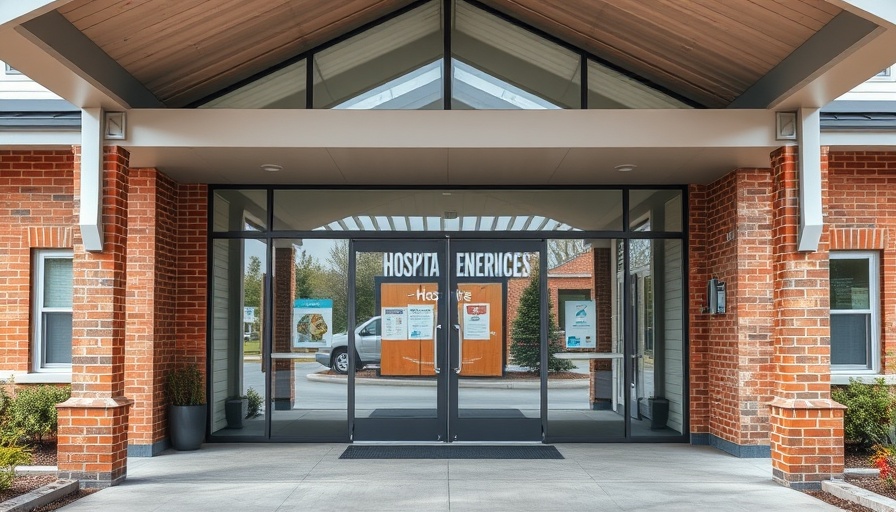
Resident doctors raise the alarm: a repeated saga
In a striking display of discontent, resident doctors in England voted overwhelmingly for strike action. This isn't just a minor hiccup—it's yet another chapter in an ongoing struggle that highlights the deep frustrations within the National Health Service (NHS). The British Medical Association (BMA) is leading the charge, but the government's response remains disappointingly dismissive.
The reality behind the numbers
While 90% of voting members supported industrial action, the turnout was only 55%. This means that less than half of the eligible doctors are backing the strike, a point the government is keen to emphasize. However, this statistic overshadows an essential truth: the sentiment among those who participated is clear. They’re fed up with their worth being undervalued.
What’s the word on pay?
The BMA argues that, despite a recent 5.4% pay increase, resident doctors are still seeing their wages trail behind inflation and previous salaries, which have dipped about 20% in real terms since 2008. Such a decline is unfathomable for those tasked with the immense responsibility of treating patients. The government’s assertion of generosity falls flat when juxtaposed with the daily sacrifices these healthcare professionals make.
History repeating itself: strikes and consequences
The recent vote is not an isolated incident. In fact, resident doctors have already participated in 11 separate strikes during 2023 and 2024. This wave of industrial action has led to the cancellation of hundreds of thousands of outpatient appointments and vital procedures, putting further strain on an already burdened system. Matthew Taylor, head of NHS Confederation, warns that continuing strikes could sabotage the NHS's goal of reducing wait times.
Wage struggle: a microcosm of a larger issue
This situation extends far beyond just resident doctors. It encapsulates the broader discontent across public sector professionals. From teachers to nurses, many are feeling the squeeze. If the government continues to disregard these grievances, it risks widespread unrest in several essential public services. The morale of workers influences the efficacy of their output, especially in healthcare.
Future outcomes: can the government find common ground?
Followers of this dispute should keep their eyes peeled. The BMA's leadership is actively seeking new talks with the government in hopes of averting a full-blown walkout. If a credible pay offer emerges, striking could be avoided. However, if negotiations fail, we face the real possibility of enduring strikes, worsening already monumental waiting lists for treatments.
The human impact of failed negotiations
Take a moment to consider the implications. Behind every statistic lies a patient waiting for surgery, for vital care, for relief from pain. The ramifications of these strike actions ripple through communities—especially here, in Leicestershire, where public health threads are especially vital. If resident doctors found solidarity through collective action, it just might signal a turning tide in the treatment of medical professionals.
The crux of the matter is simple: underestimating the resolve of medical professionals could cost the NHS dearly. As the health landscape evolves with rising needs, discerning the wisdom in addressing pay alongside patient care might just solve a vicious circle of underappreciation and burnout.
As the dust settles from this recent vote, one thing is clear: the conversation isn’t just about paychecks. It’s about respect, dignity, and the right to a sustainable future in the healthcare field.
 Add Row
Add Row  Add
Add 




 Add Row
Add Row  Add
Add 

Write A Comment